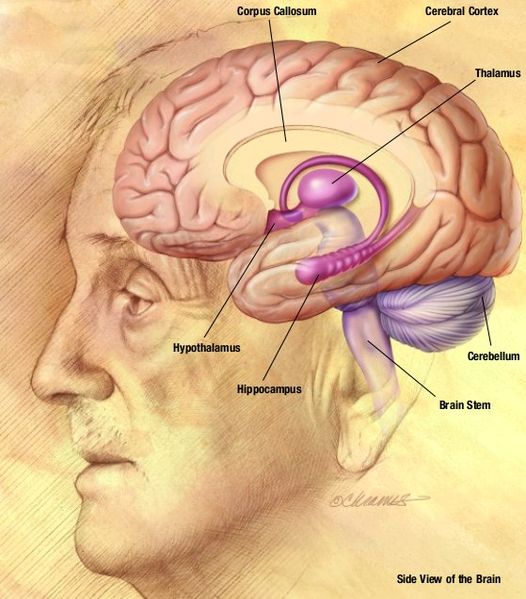
Well, it seems that the silly season is upon us. A study conducted earlier this month by the University College of London’s Institute of Cognitive Neuroscience (directed by Professor Geraint Rees) reveals a startling correlation between between people’s political beliefs and the size of two specific regions of their brains: the amygdala and the anterior cingulate cortex. Among those who describe themselves as liberal, or left wing, the gray matter of the anterior cingulate cortex is significantly thicker; whereas for those who regard themselves as conservative, or right wing, the amygdala is relatively larger. The study has been widely reported in the press, but has yet to be published. Believe it or not, the study was commissioned by a British actor and comedian, Colin Firth, who wanted to know if it was possible to identify people’s political belief from the structure of their brains. For example, could scientists predict whether a person was left or right wing, just by looking at their brains?
The general standard of reporting in the media on Professor Rees’s study has been so poor that I thought readers would benefit from a more critical analysis. Read More ›


